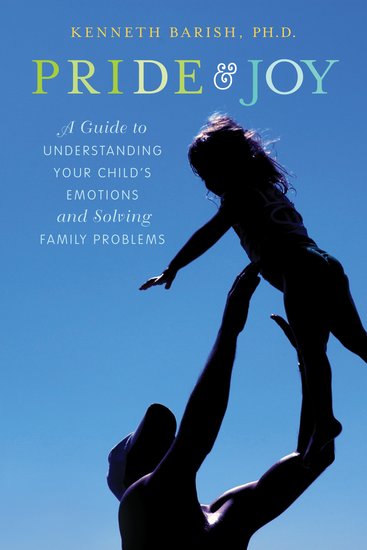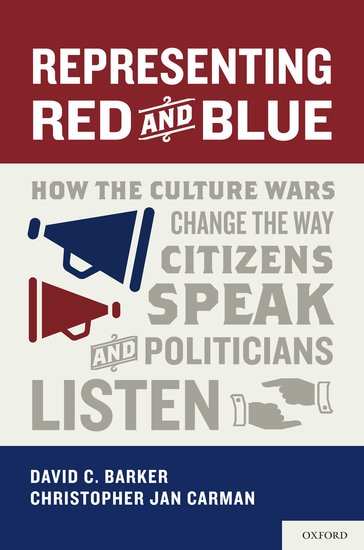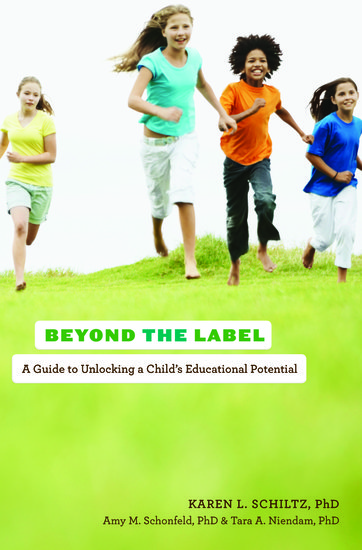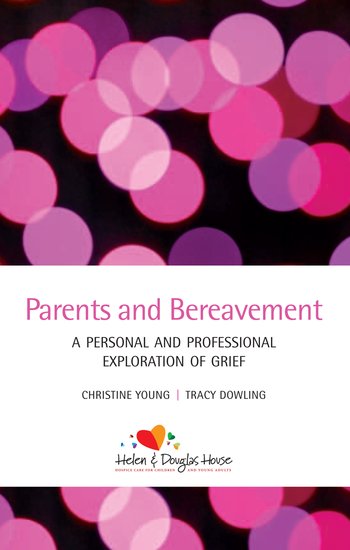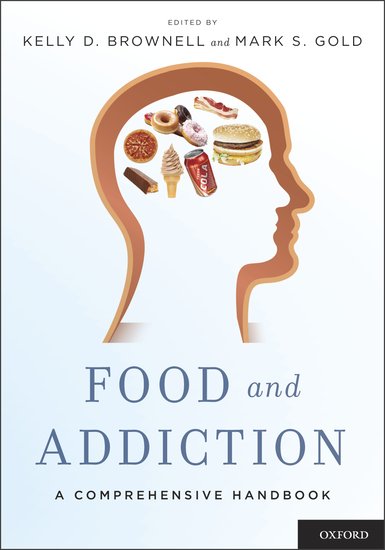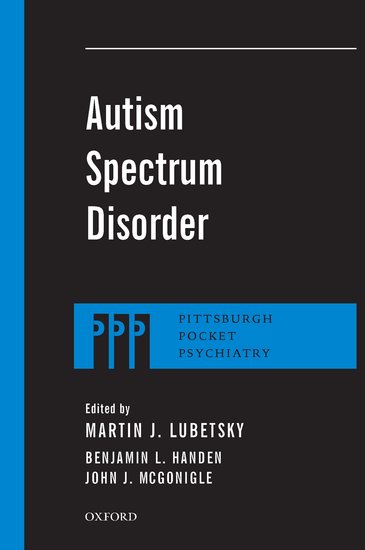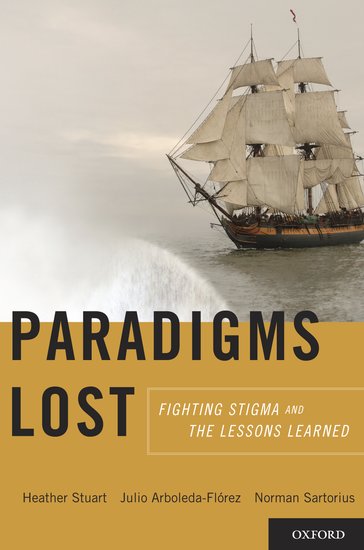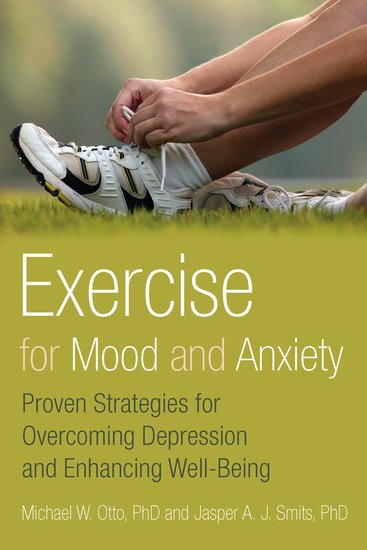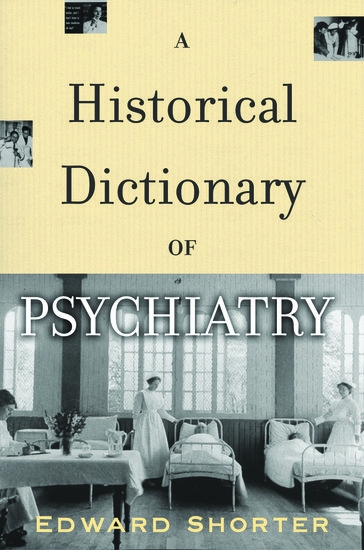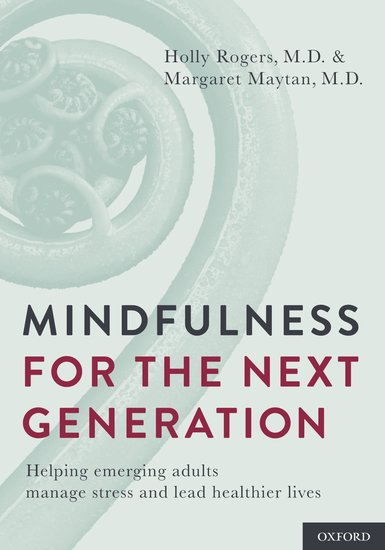The battle over homework
By Kenneth Barish
For this back-to-school season, I would like to offer some advice about one of the most frequent problems presented to me in over 30 years of clinical practice: battles over homework. I have half-jokingly told many parents that if the schools of New York State no longer required homework, our children’s education would suffer, but as a child psychologist I would be out of business.

